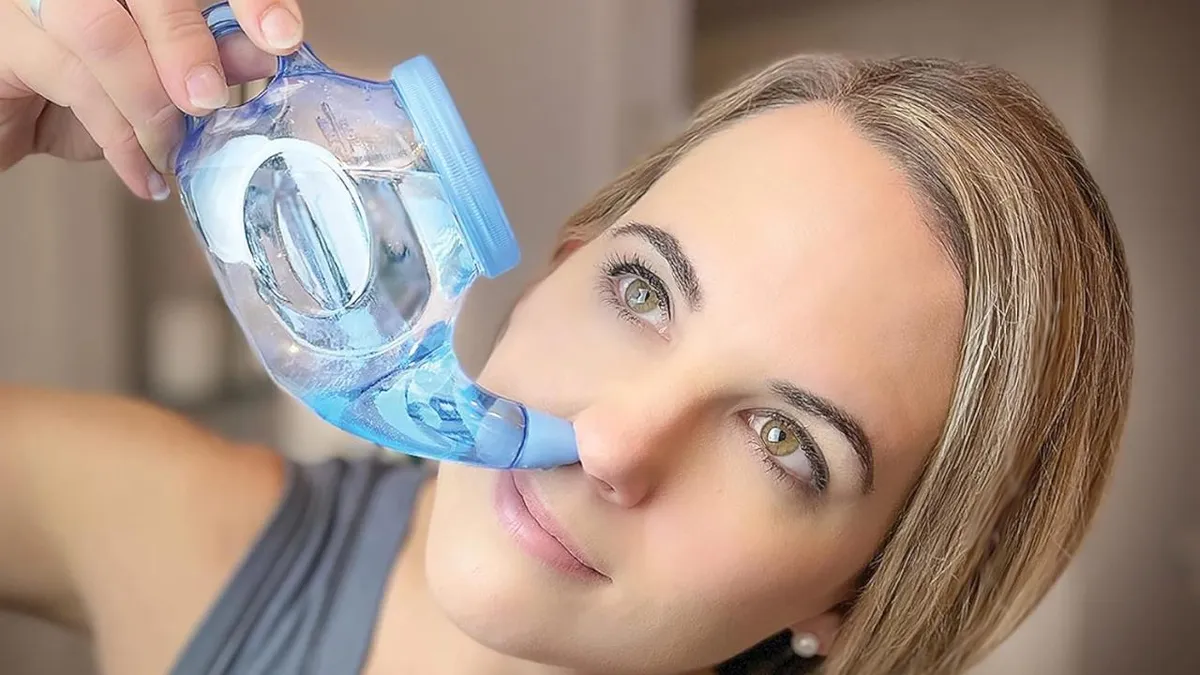
Springtime often brings the joy of blooming flowers and warmer weather, but for many, it also heralds the onset of allergy season. According to The Weather Channel, over 100 million individuals in the U.S. suffer from allergies, affecting nearly one in three adults and more than one in four children. The symptoms can range from mild discomfort to debilitating reactions, significantly impacting daily life. In this guide, we will explore common allergy types, triggers, and effective treatment options, including over-the-counter medications and home air quality solutions.
Allergies occur when the body overreacts to specific triggers that enter through the eyes or nose. Commonly referred to as hay fever or allergic rhinitis, these allergies can be triggered by:
Pollen from trees, grasses, and weeds Animal dander, including fur and skin flakes from pets Dust mites Mold Food allergens, such as shellfish, eggs, milk, peanuts, and tree nuts Insect bites and stings from bees, ticks, ants, and wasps Chemicals found in cleaning products and latex rubber Medicines, including penicillin and certain herbs Perfumes and scented productsThe symptoms of an allergic reaction dictate which OTC medicine is most effective. It is crucial to consult with a healthcare provider if you are taking medication for chronic conditions, as OTC drugs may interact with prescribed treatments. Here are some common OTC ingredients used to alleviate allergy symptoms:
Antihistamines: Help relieve symptoms such as sneezing, runny nose, and itchy eyes. Decongestants: Reduce nasal congestion and sinus pressure. Corticosteroid nasal sprays: Minimize inflammation and treat nasal symptoms effectively.If you prefer to avoid medications, several natural home remedies and lifestyle changes can help alleviate allergy symptoms:
HEPA air filters: Consider investing in a quality air purifier to reduce airborne allergens. Our comprehensive guides can help you choose the best model for your needs. Saline nasal sprays: These help clear mucus and flush out allergens. Devices like neti pots are effective for nasal irrigation. Dietary changes: An elimination diet can identify food intolerances. Try replacing allergenic foods with alternatives like plant-based milk or gluten-free grains. Local honey: Some studies suggest that consuming local honey may help desensitize your body to local pollen.For severe or chronic allergy symptoms, it's essential to consult with a doctor or allergy specialist. They may recommend allergy testing or other therapies tailored to your specific needs.
If you're struggling with allergies this season, consider these seven effective allergy relief options, including OTC medications and air purifiers:
Active Ingredient: Diphenhydramine HCl (25 mg)
Price: $14.88 at Amazon
Treats: Symptoms of allergies, hay fever, and the common cold.
Common Side Effects: Drowsiness, dizziness, stomach upset.
Active Ingredient: Cetirizine HCl (10 mg)
Price: $14.19, was $20.76 at Amazon
Treats: Allergy and hay fever symptoms.
Common Side Effects: Drowsiness, headache, sore throat.
Active Ingredient: Oxymetazoline HCl (0.05%)
Price: $9.99 at Amazon
Treats: Symptoms of allergies and hay fever.
Common Side Effects: Burning, stinging, sneezing.
Active Ingredient: Fluticasone propionate (50 mcg)
Price: $36.19 at Amazon
Treats: Allergy symptoms and reduces nasal inflammation.
Common Side Effects: Burning, headache, nasal irritation.
Price: $99 at Amazon
Features: 3-in-1 filtration system effective against pollen, dust, and VOCs.
Rating: 4.7-stars.
Users report noticeable improvements in air quality, making it an excellent choice for those with allergies.
Price: $339 at Amazon
Features: Designed for larger spaces, featuring a true HEPA filter for maximum allergen removal.
Rating: 4.4-stars.
Price: $11.49 at Amazon
Features: Provides a gentle saline rinse to relieve nasal congestion.
Users find it budget-friendly and effective for allergy relief.
As the seasons change, it’s crucial to stay informed about allergy relief options and effective treatments. From OTC medications to air purifiers, understanding your allergies and how to manage them can lead to a more comfortable life. Always consult a healthcare provider for personalized advice and treatment options.
For more tips on managing allergies and improving home air quality, check out our in-depth shopping guides and product reviews.